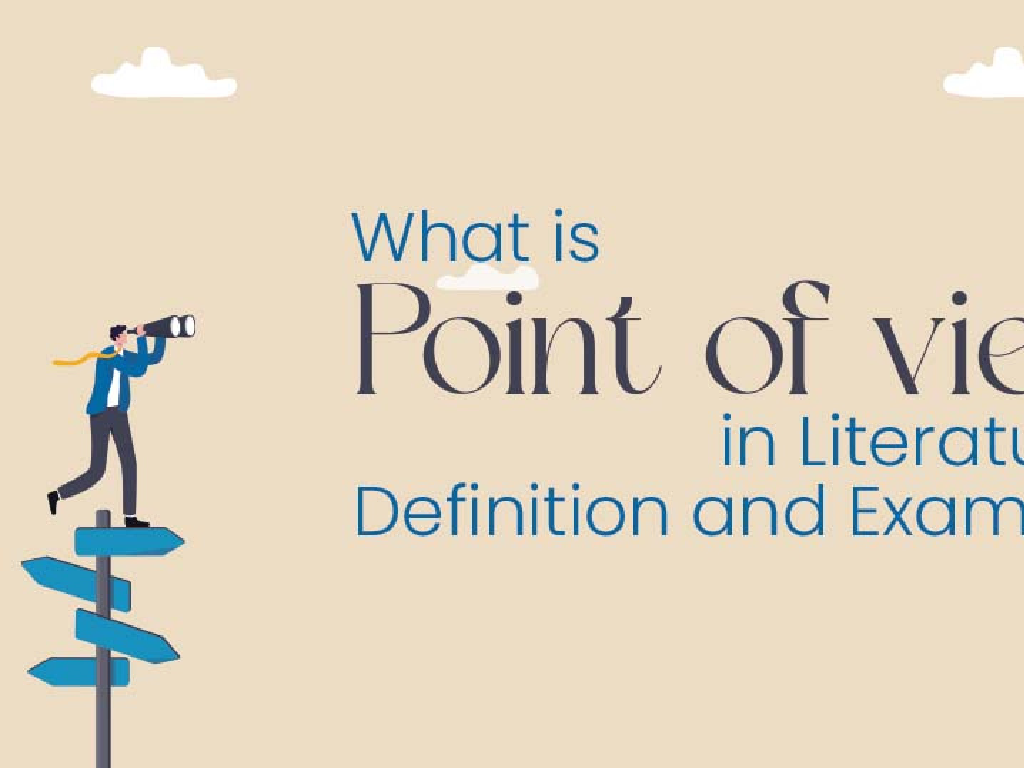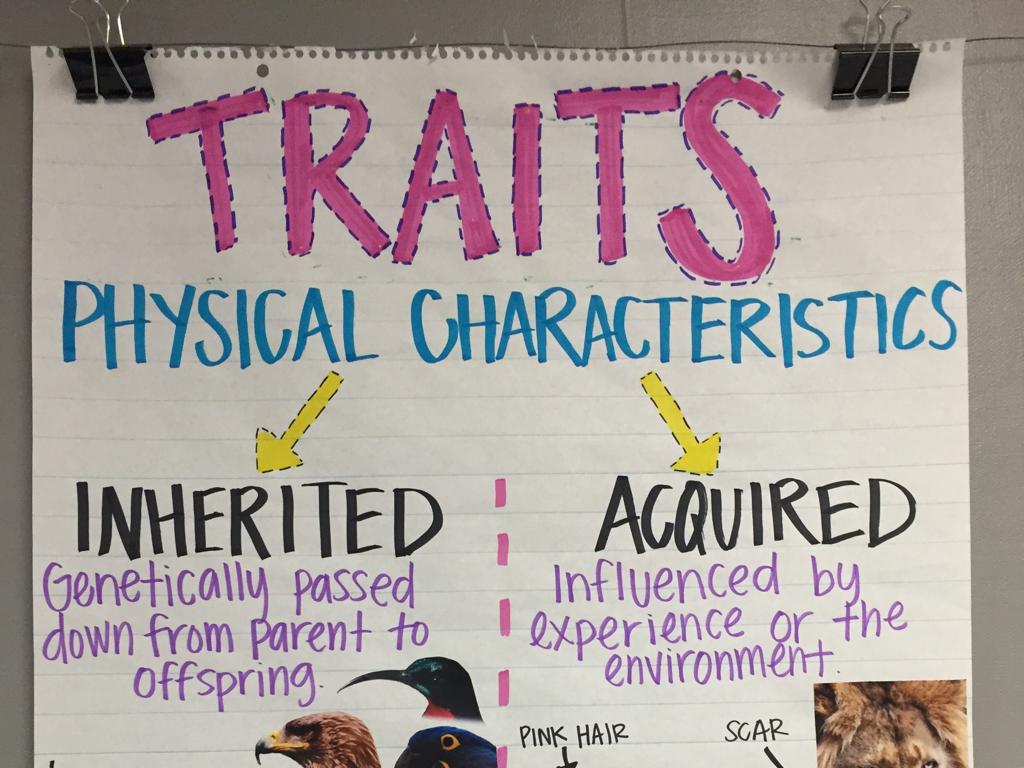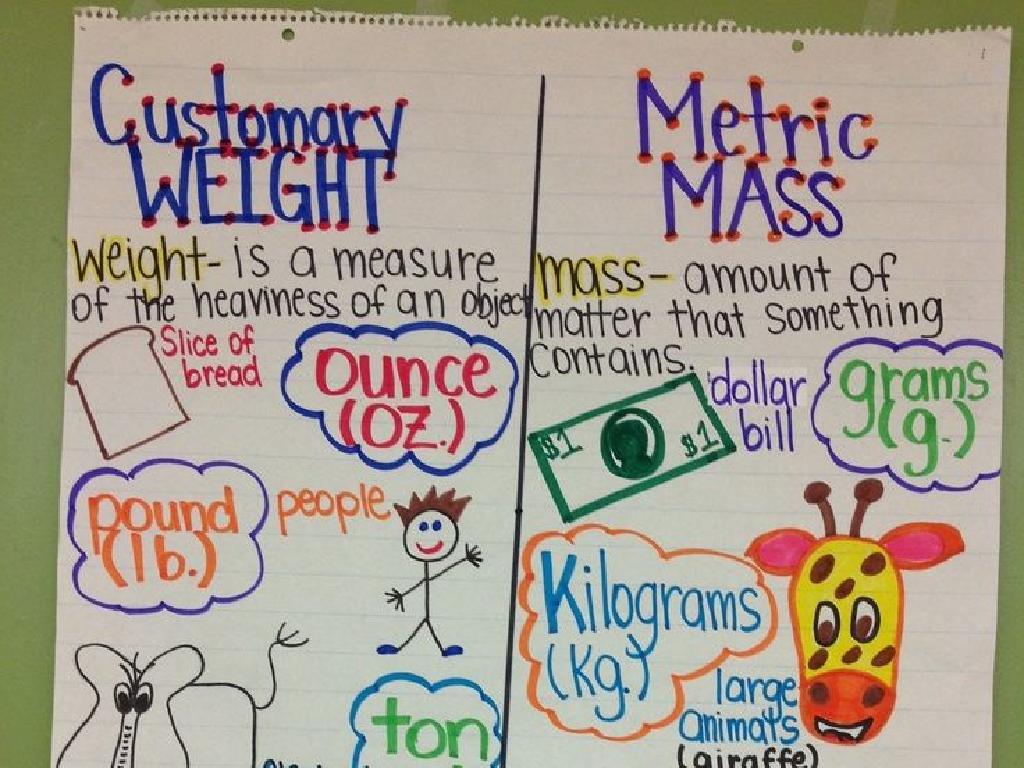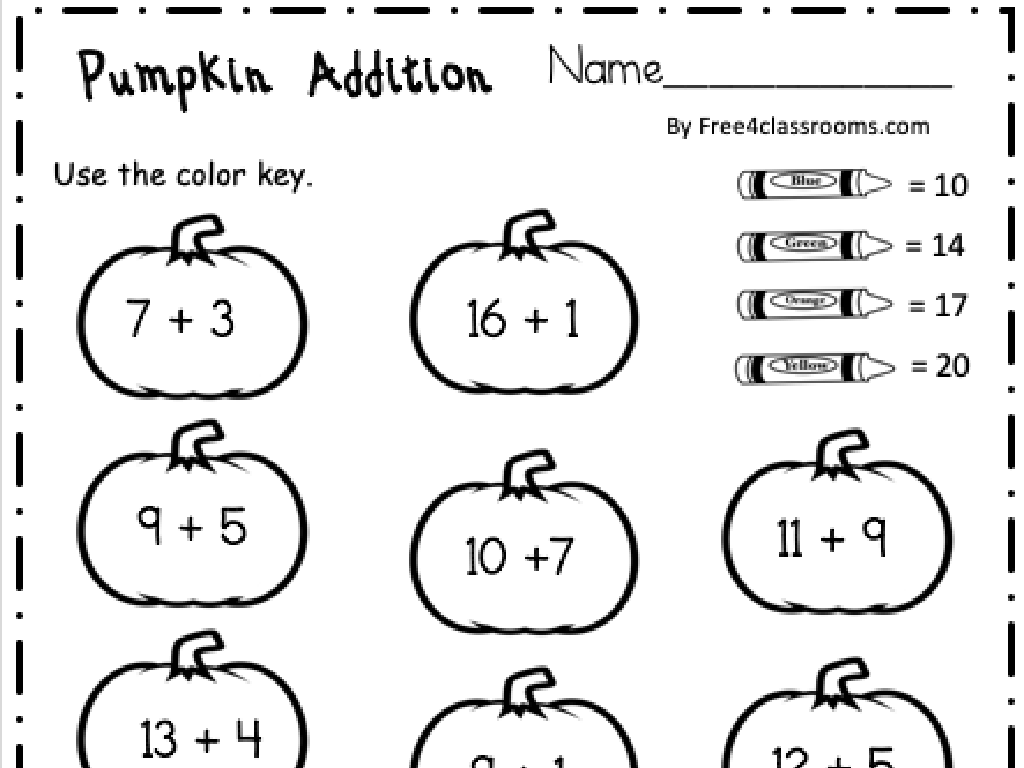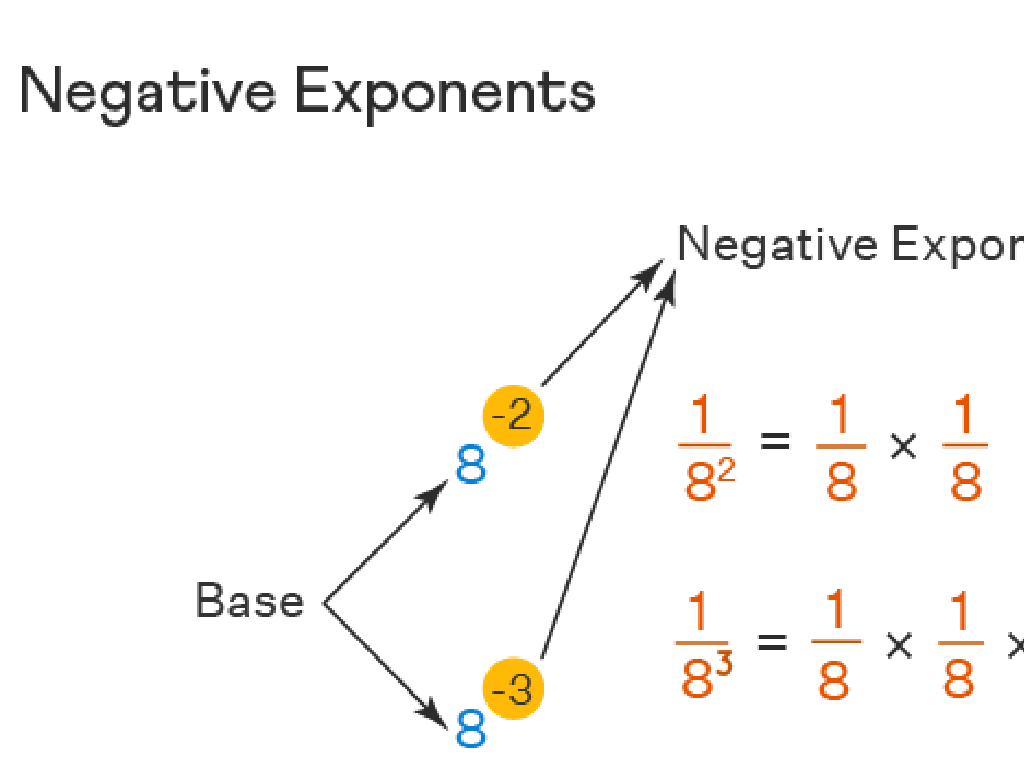Choose The Synonym
Subject: Language arts
Grade: Eighth grade
Topic: Synonyms And Antonyms
Please LOG IN to download the presentation. Access is available to registered users only.
View More Content
Exploring Synonyms and Antonyms
– Define synonyms and antonyms
– Synonyms: words with similar meanings, e.g., happy and joyful
– Importance in language
– Antonyms: words with opposite meanings, e.g., hot and cold
– Synonym examples
– Synonyms enhance vocabulary: big, large, huge, gigantic
– Antonym examples
– Antonyms clarify contrast: fast vs. slow, light vs. dark
|
This slide introduces the concept of synonyms and antonyms, which are fundamental to enriching language and communication. Synonyms allow for more precise expression and can help avoid repetition, making writing and speech more engaging. Antonyms help to create clear contrasts and can aid in understanding by setting boundaries of meaning. Provide students with examples of synonyms and antonyms, and encourage them to think of additional examples. Discuss how these tools can improve their writing skills and comprehension. Instruct students to use a thesaurus to find synonyms and antonyms for their vocabulary words.
Exploring Synonyms
– Define synonyms
– Words with similar meanings, e.g., ‘big’ and ‘large’.
– Synonyms enhance language
– They add variety and precision to our expressions.
– ‘Happy’ vs. ‘Joyful’
– Both express a feeling of pleasure, but ‘joyful’ may imply a deeper emotion.
– ‘Sad’ vs. ‘Unhappy’
– While both suggest sorrow, ‘unhappy’ can also imply a state of discontent.
|
This slide introduces the concept of synonyms and their role in language. Synonyms are words with similar meanings that can be used interchangeably in some contexts, which enriches our language by allowing us to choose the most appropriate word for a particular situation. For example, ‘happy’ and ‘joyful’ both describe a positive emotion, but ‘joyful’ might be used for a more intense feeling. Similarly, ‘sad’ and ‘unhappy’ both describe negative emotions, but ‘unhappy’ might also suggest a general state of dissatisfaction. Encourage students to think of synonyms as a tool to add flavor and specificity to their writing and speech.
Choosing the Right Synonym
– Context determines synonym choice
– Words can have similar meanings but differ based on the sentence they’re in.
– Understanding connotation vs. denotation
– Connotation: emotional association; Denotation: literal meaning.
– Activity: Matching synonyms to context
– Match given synonyms with sentences where they fit best.
– Enhance writing with precise synonyms
|
This slide introduces the concept of selecting appropriate synonyms based on context, emphasizing the importance of connotation and denotation. Context is the surrounding text or situation in which a word is used, and it can greatly affect which synonym is appropriate. Connotation refers to the emotional or cultural associations of a word, whereas denotation is the literal, dictionary definition. The class activity involves matching synonyms with sentences that best fit their meaning and connotation, reinforcing the lesson’s concepts. Teachers should prepare a list of synonyms and example sentences for the activity, ensuring a variety of contexts to challenge the students’ understanding. Encourage students to discuss why certain synonyms work better in different scenarios, fostering critical thinking about word choice.
Synonyms in Literature: Enhancing Variety
– Authors’ use of synonyms
– Synonyms add richness and prevent repetition, making writing more engaging.
– Read a literary excerpt
– Choose a passage from a novel or poem that demonstrates effective use of synonyms.
– Identify synonyms in text
– Find words with similar meanings used by the author to convey their message.
– Understand impact on reading
– Discuss how synonyms influence the reader’s experience and comprehension.
|
This slide aims to explore the use of synonyms in literature and how they contribute to the richness of the text. By using synonyms, authors can avoid repetition and make their writing more dynamic and interesting. Have students read a selected excerpt from a novel or poem, and then identify the synonyms used by the author. Discuss how these synonyms add to the text’s depth and help convey the author’s message more effectively. Encourage students to consider how the use of synonyms affects their own reading experience and understanding of the text. This activity will help students appreciate the stylistic choices made by authors and enhance their own vocabulary and writing skills.
Practice Time: Choose the Synonym
– Exercise: Find synonyms for words
– Discuss the best synonym fit
– Consider context and connotation
– Group activity: Craft sentences
– Use new synonyms in original sentences
– Share sentences with the class
– Practice public speaking and creativity
|
This slide is designed for an interactive class activity focused on synonyms. Students will start by individually identifying synonyms for a list of given words. They will then discuss in small groups why they believe their chosen synonyms are the best fit, considering factors such as context and connotation. Next, each group will create sentences using the chosen synonyms to demonstrate understanding. Finally, groups will share their sentences with the class, allowing for practice in public speaking and creative thinking. For the teacher: Prepare a list of diverse words suitable for eighth graders. Facilitate discussions and provide guidance on word usage. Encourage students to think critically about word choice and to be creative in their sentence formation.
Class Activity: Synonym Bingo
– Receive your Synonym Bingo card
– Listen as the teacher calls out words
– Mark synonyms on your Bingo card
– Find words on your card that mean the same
– Shout ‘Bingo!’ when you complete a row
– Be ready to read your synonyms aloud
|
This interactive class activity is designed to reinforce the students’ understanding of synonyms in a fun and engaging way. Each student will receive a Bingo card with a variety of words. As the teacher calls out words, students must identify and mark synonyms of those words on their cards. The first student to complete a row (horizontally, vertically, or diagonally) should shout ‘Bingo!’ and then read out their synonyms to confirm their win. Teachers should prepare a list of words and their synonyms to call out during the game. Possible variations of the game could include using antonyms or providing definitions for which students have to find the matching word. This activity encourages active listening, quick thinking, and application of vocabulary knowledge.

